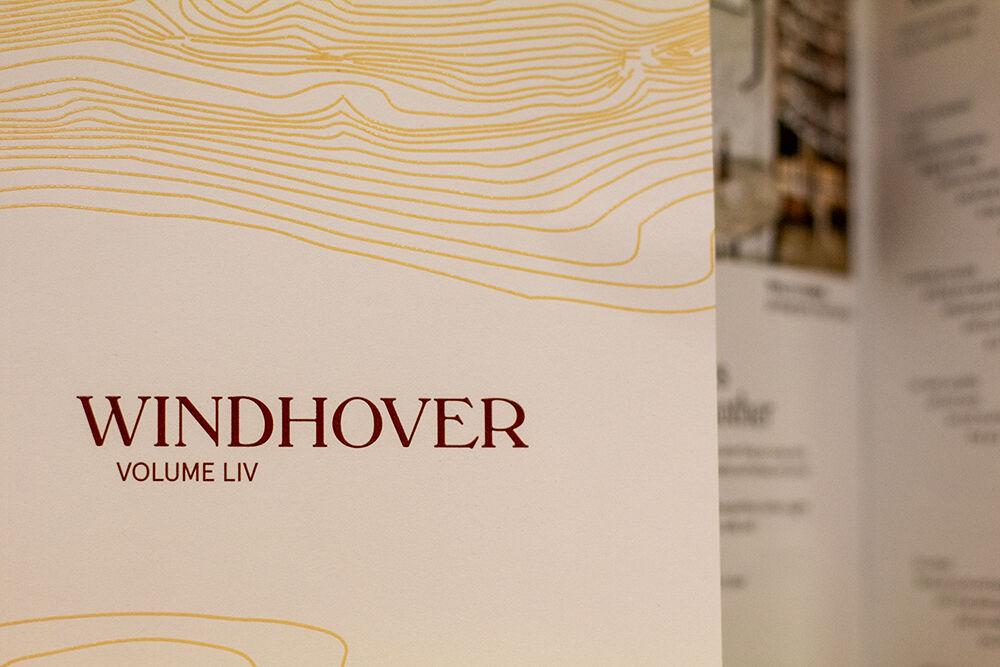When Arcade Fire burst onto the scene in 2004, it turned the indie rock scene upside down. The Canadian collective helped popularize the ambitious, orchestrated sound that many indie acts have swiftly come to adopt, and their lofty debut album, Funeral, has been touted by many as one of the greatest albums in the past 20 years.
To put it simply, Arcade Fire helped push indie rock into the mainstream, and it has become one of the most universally loved bands. The band is so loved that its third album, The Suburbs, earned the band and Durham-based label Merge Records its first Grammy for Album of the Year.
With high accolades in its past, the bar was set high for Arcade Fire’s fourth full length album Reflektor. Late last year, it was announced that fellow innovator James Murphy of LCD Soundsystem would be producing the album, which left fans with their heads spinning over the potential sound of the forthcoming album. The albums promotional cycle began this summer as “reflector” graffiti popped up in random cities throughout the world. After the band ceremoniously released the title-track as the lead single on Sept. 9, fans were equally baffled and amazed. Its new sound is a shimmering blend of dance-driven electronic tunes that is filled with the same vivid, emotive lyricism that drove fans to this band in the first place.
Reflektor is a bit of a laborious listen, but not because of its content. The double album clocks in at 75 minutes, but each minute is one that’s worthy of your full attention. There’s a Bowie-tinged blast of energy on this album, and that’s not just because he contributed vocals to the opening track. There’s a bit of a dark aesthetic that washes over the album, possibly due to vocalist Win Butler’s constant lyrical emphasis on the dichotomy between day and night, but the album still feels like a bright aural adventure.
Tracks such as “Here Comes The Night Time,” convey the same sense of foreboding lyricism, but halfway through unravels into a wildly percussive breakdown, filled with syncopated Congo beats and spastic rhythmic changes. Tracks are liable to change at the drop of a dime, which is a welcomed change for a band that could have easily stuck to the standard folk-driven orchestrations of Funeral and received just as much acclaim.
Instead, Arcade Fire has set out with lofty goals in mind and has gone above and beyond expectation with Reflektor. Inspired by Haitian and Jamaican rhythms, the band has morphed into an amorphous blend of David Byrne, David Bowie, LCD Soundsystem and U2, all at once. The sound reflects that of its inspirational predecessors with the same life-affirming lyrical depth that drove them to stardom. While the first disc is filled with a mystifying blend of bubbling electronics and expansive instrumentation, the second disc contains half an hour worth of rich, dark lyrical exploration.
The album’s cover depicts the statue of Orpheus and Eurydice, two characters from an ancient myth in which Eurydice is killed by a snake bite and immediately descends to Hades. Orpheus, gifted by the gods with immense musical talents, laments to Hades over his loss through his gorgeous music. Hades is so moved that he allows Orpheus to bring Eurydice back to Earth on the sole condition that he not look back as he ascends. When Orpheus checks to see if Eurydice is following him, he loses her forever.
Reflektor’s second half parallels much of this story, following a much darker tone, both lyrically and musically. The tracks are mostly slow-brooding, down tempo adventures while “Awful Sound (Oh Eurydice)” and “It’s Never Over (Oh Orpheus),” display heavy lyrical content that dabbles into the pains of growing old and subsequently losing love. “Hey Orpheus/don’t turn around too soon/just wait until it’s over/it’s never over,” Butler sings. Though the “Awful Sound” doesn’t follow the tale of Orpheus as tightly as the latter, the two follow the overarching theme of the record—it’s a constant cry of desperation, frustration and redemption.
Win Butler and Régine Chassagne, the husband-wife vocal duo that drives most of these tracks, are both masters of making every single word count. Butler’s vocals contain the same urgency and sharpness as they did 10 years ago on Funeral; they can cut straight through the listener and unveil the dark core you may have been unable to previously face.
While most of Arcade Fire’s work has clung to the feeling of nostalgia and fading youth, Reflektor takes a lesson from Orpheus and never looks back. Arcade Fire has taken a bold step forward with Reflektor and propelled the band to a sonic territory that was unimaginable years ago. Now that the band finds itself in the limelight of a chart-topping, Grammy award-winning album, it has fit the mold that society has shaped for them. The indie world has always relished in the secrecy of beautiful music such asArcade Fire, but when your music is as lush and ambitious as Reflektor, then the top is really the only place for you to go.














